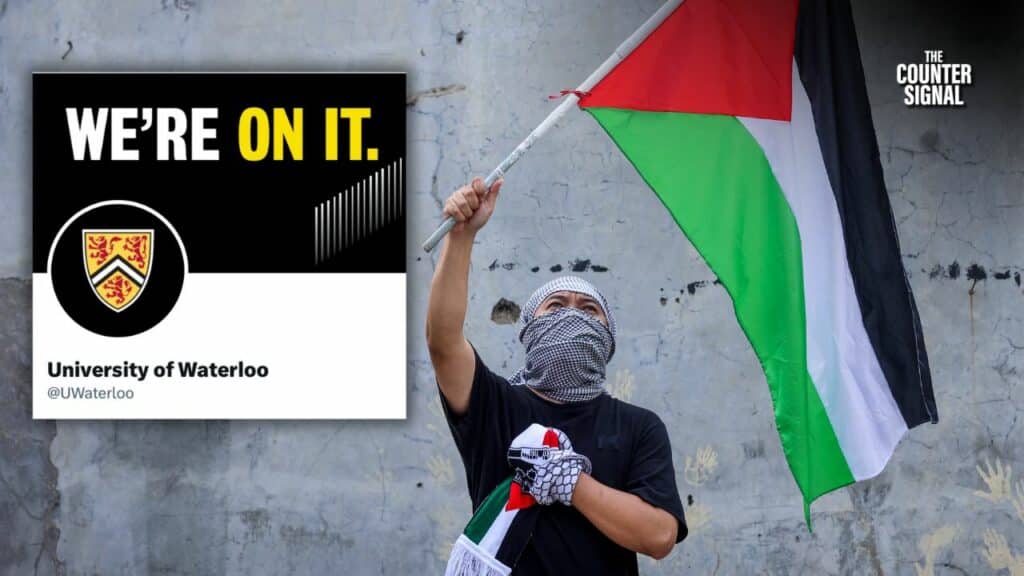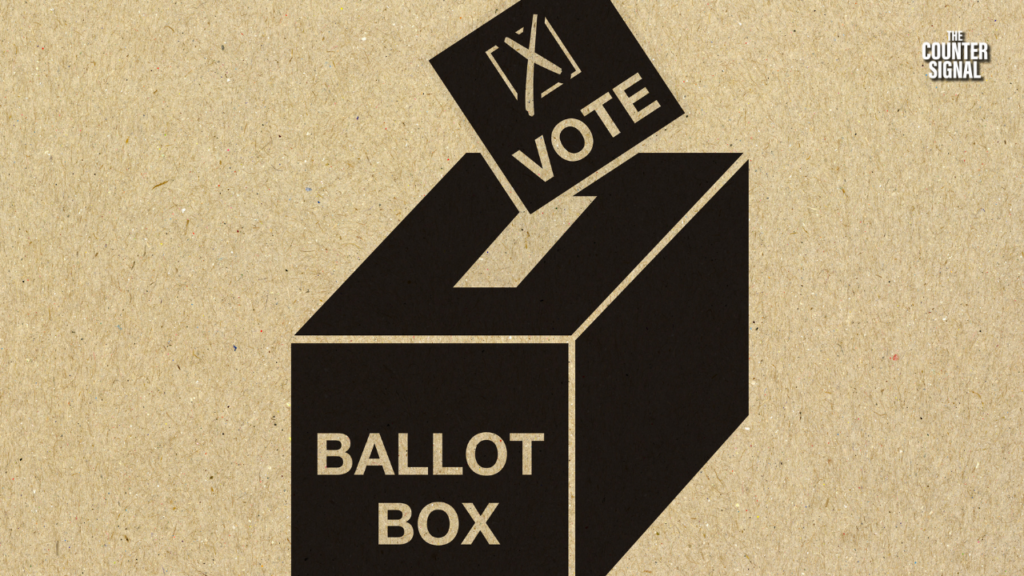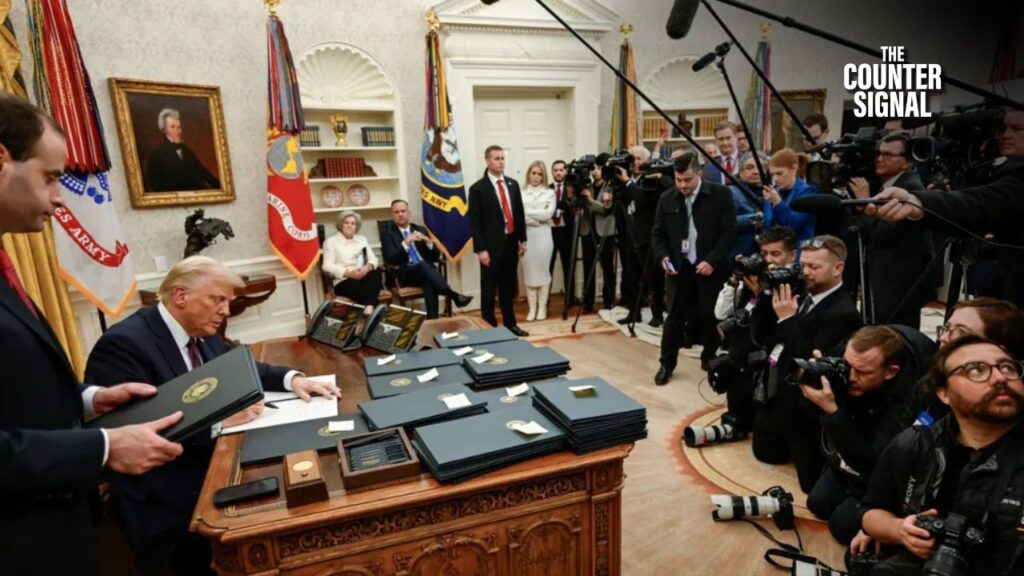After a Pro-Palestine encampment was established at the University of Waterloo on May 13th, the institution filed a lawsuit against the protestors seeking $1.5 million.

The University stated in a court document they are seeking “damages in the amount of $1,500,000, including damages for trespass, damage to property, intimidation, and ejectment.”
The lawsuit identifies individuals described as “persons unknown” alongside seven named individuals, including their corresponding email addresses.
The University is requesting a mandatory order to end all protests immediately, remove all encampments or structures built on the property, and return the conditions to how they previously existed as of May 12th.
Furthermore, they are seeking to authorize the Waterloo Regional Police Service and the Ontario Provincial Police to arrest any individual who breaches the terms of the order.
A social media post on X from individuals attending the protests stated “Incredibly shameful that @UWaterloo is choosing to sue their own student body protesting their university’s complicity in a genocide that’s 9 months in and has claimed the lives of over 40,000.”
The post continued, “History will absolve us. But you admin, how will you be remembered?”
Incredibly shameful that @UWaterloo is choosing to sue their own student body protesting their universities complicity in a genocide that’s 9 months in and has claimed the lives of over 40,000.
— OccupyUW (@OccupyUW) June 25, 2024
History will absolve us students but you @UWaterlooPres, how will you be remembered?
The University of Waterloo and the participants of the pro-Palestine encampment on the campus are scheduled to engage in mediation discussions next week.
David Porreca, president of the Faculty Association for the University of Waterloo, stated “I think both sides have pushed too far, and sitting down and hearing each other out is probably the least worst thing that could happen.”
Teachers “alarmed” by lawsuit
The University of Waterloo’s legal action drew criticism from the Canadian Association of University Teachers, which expressed concern in a statement on Wednesday, in which they said they’re “alarmed” by the university’s approach.
Executive director David Robinson stated the institution “should be treading very carefully and with utmost restraint when it comes to matters of peaceful assembly and freedom of expression.”










These pro-Palestinian protestors are all masked to evade accountability for their disruptions.
The police should require disruptive protestors to NOT hide their identity with masks, otherwise the police will forcibly unmask them, so they can be identified – and made accountable for their actions.